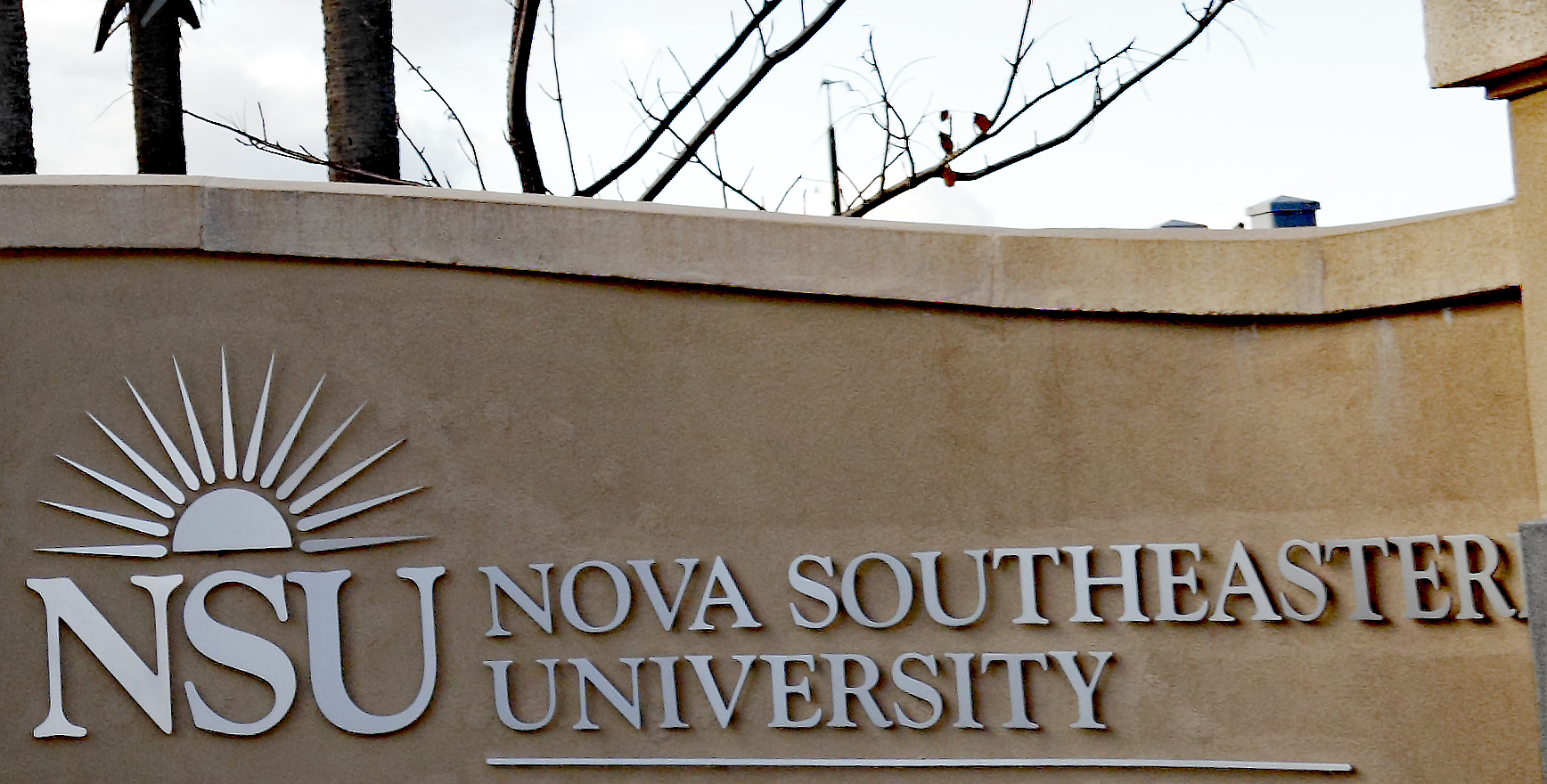"There Are No Set Rules." What Are These Campus Mega-Donors Up To?
/Photo: Serenethos/shutterstock
Less than six months after giving $200 million to create and promote a regional campus for the private Nova Southeastern University (NSU), Tampa Bay philanthropists Dr. Kiran Patel and his wife, Dr. Pallavi Patel gave the university an additional $25 million for its College of Allopathic Medicine.
The windfall is yet the latest example of regional donors molding higher ed institutions and issue areas in accordance with their beliefs. In the case of the Patels, the belief is building a medical curriculum and community with a "truly international focus."
A half-year later and $225 million and counting, it looks like they may just be getting warmed up.
A former cardiologist who runs the Tampa-based managed health care company Freedom Health, Kiran made most of his fortune 15 years ago, when he sold another HMO, WellCare Health Plans, for a reported $200 million, according to Claire McNeill, writing in the Tampa Bay Times.
He and his wife turned to philanthropy, giving more than $240 million over the years to support the arts, education and healthcare in Florida.
Patel expounded on his giving philosophy after being named Flordia Trend magazine's Floridian of the Year in 2017.
He came from a humble background—he was born in Zambia to parents of Indian descent and raised in a British colonial environment—and much of his giving has been driven by what he considered governmental inaction.
"Politicians, every political cycle, talk about doing something for the underprivileged," he said. "But in the last 25 to 30 years, I have not seen a change. The situation more or less remains the same."
Patel declined to divulge his net worth or what percentage he gives to charity. As for his larger strategy, “there are no set rules, except to earn and spend ethically."
Gifts include $18.5 million to the University of South Florida (USF) in 2005 to establish the Patel Center for Global Solutions and an additional $12 million to elevate the center to the Patel College of Global Sustainability in 2012; $5 million to expand the Florida Hospital Carrollwood's emergency department in 2017; and, in November of last year, $2.5 million for a new early-learning center, gym, and computers at a public elementary school in an impoverished area of Tampa.
The couple's giving also extends to India and Zambia, where they have built charity hospitals and schools. In 2005, the Patels raised more than $2 million from people in the Tampa Bay area to rebuild an Indian village that had been destroyed by a tsunami.
In retrospect, all of these gifts were a kind of prelude to Patel's $200 million game-changer to NSU in September of 2017.
The gift consists of two parts: a $50 million cash donation to the school's osteopathic medicine program and scholarships, and $150 million toward building a 325,000-square-foot medical education complex.
The Chronicle of Philanthropy ranked Patel's donation among the top 27 largest donations to a U.S. college or university since 2000. But look beyond the numbers, and you'll find that the gift is especially significant, because with a single stroke of the pen, Patel instantly reshaped the regional higher education by, as Ms. McNeill noted in the Tampa Bay Times, "adding a new private college player in the market and in spurring the bay area's emergence as a key training ground for the medical community."
This kind of ambitious "step change" philanthropy is becoming increasingly common for higher ed donors.
Last year, Susan and Henry Samueli gave $200 million to new health program dedicated to integrative medicine at the University of California, Irvine. The gift has the potential to catapult the emerging—and, as detractors would argue, unproven—field of integrative medicine to the forefront of medical research and training.
Meanwhile, liberal arts proponents are cautiously optimistic that Bill Miller's $75 million donation to John Hopkins University's philosophy department may trigger a kind of renaissance (pun intended) in humanities-related philanthropy. Donors may even give the traditionally ignored field of philosophy a second look.
And when Paul Allen made a $50 million endowment gift to establish the Paul G. Allen School of Computer Science and Engineering at the University of Washington (UW), a school spokesman laid out its goal to propel UW into the top five rankings of computer science programs, alongside MIT, Carnegie Mellon, Stanford and Berkeley.
The Patels' $200 million gift to NSU wasn't the end of the story, but merely the beginning of the next chapter. As noted, it was followed by another $25 million gift to NSU earlier this year. The most recent gift will go needy students at its College of Allopathic Medicine, where students earn M.D.s.
Will more money follow? Patel's overarching vision for NSU suggests it's very likely.
There's an emerging cadre of higher ed donors like diplomat Frank Guarini and investor Andrew Davis who believe that it would benefit American students to leave their comfort zones and see the world. Patel agrees. Given his background and internationally focused giving, his vision isn't limited to his adopted state of Florida.
He is currently planning medical colleges in India and Zambia with the aim of exposing American students while bringing international students to the U.S., creating a kind of medical ripple effect across the globe.
"I just consider myself extremely fortunate and blessed to be able to do something for others," he said.







































